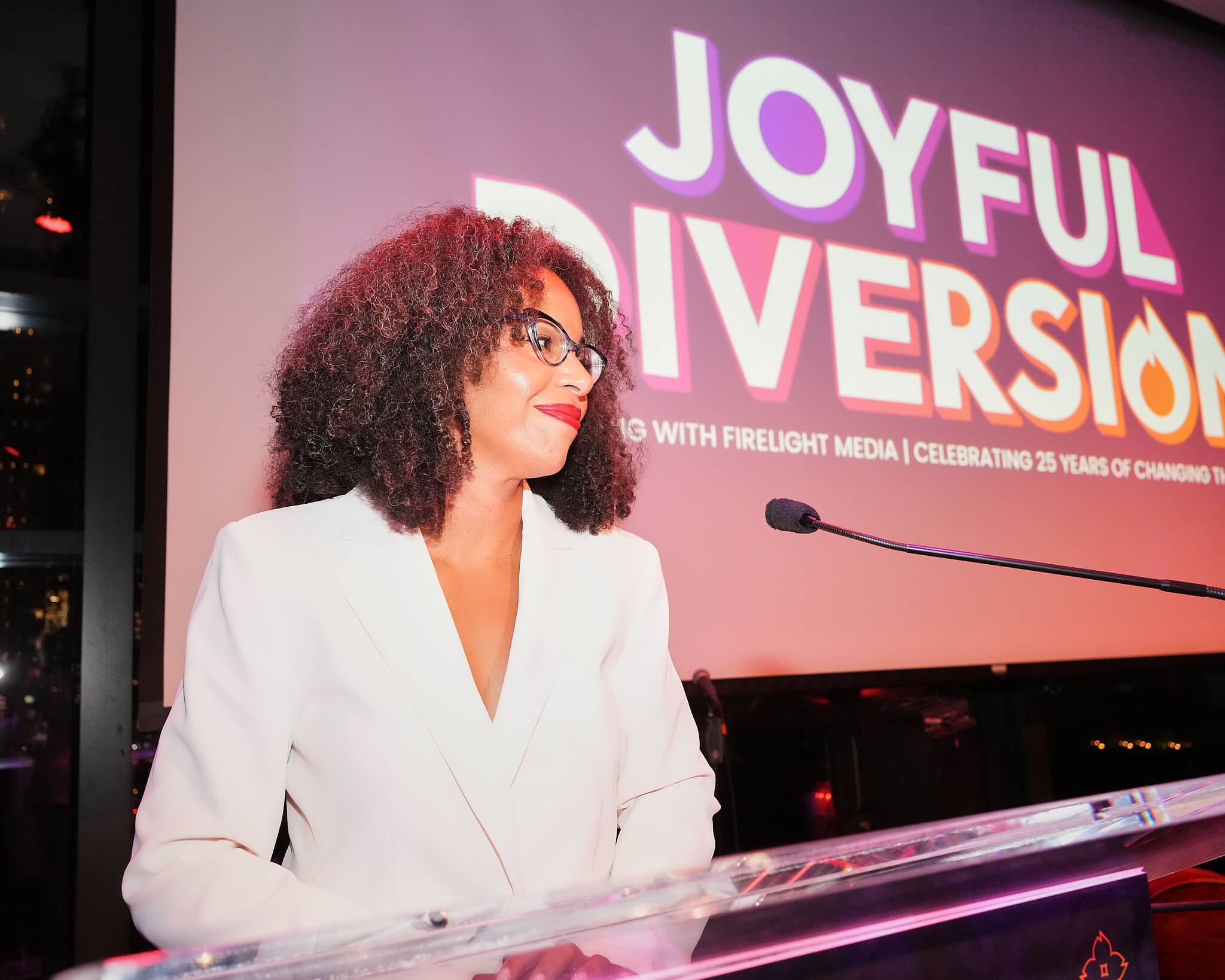Sustaining Your Project and Yourself
Be a Filmmaker
When the Firelight Documentary Lab started, my first feature film “Border South” was still a rough-cut. The film is now completed and in the festival circuit. Finishing this film and getting it out into the world has been incredibly hard, and it has put me through financial and emotional hardships. Many times I thought about quitting the film, but every time that I almost hit rock bottom something would happen to give me the strength to keep going. Many times, it was the story, my passion, and my vision for the film that fueled me. Other times it was a grant that came at just the right time. Most of the time it was my family and the key collaborators of the film who believed in the project and in me as a director, they gave me the strength to keep on working on making the best film possible.
As the anxiety of finishing the film wound down, the stress of distribution and impact take over. And as the impact campaign of Border South begins to take shape, I’ve begun to ache for working on my next film and to start new collaborations and new projects. I want to keep doing what I love for the long run. But this means repeating the stress, and financial and emotional hardships all over again. How can I leap from my first feature film into nurturing my filmmaking career and make it sustainable? Our second Firelight Doc Lab retreat was exactly what I needed: “Sustaining Your Project and Yourself.”
During the 3-day retreat we learned about sustainability, marketing ourselves, and how to start preparing for a long career in filmmaking. Experts like Tracie Holder gave us a workshop about fundraising for impact campaign and distribution. We met funders from AmericaReframed, Perspective Fund, Chicken and Egg, Doc Society, Sundance and Cinereach, and brainstormed with them on one on one sessions about applying for funding. Steve Maing, from Crime + Punishment, talked about taking on projects as collaborators, helping each other out to succeed as filmmakers.
Ela Troyano from Creative Capital, gave us an excellent workshop on best practices on how to assess your finances and develop a financial vision that aligns with your artistic goals. She talked about diversifying our income by creating multiple income streams. Ela also touched on her day to day schedule, which I found very helpful. She wakes up at 4am and works for the first 3 hours on the creative parts of her projects, because during the morning is when she is the most productive mentally. Many of us fellows have started a routine to do our most important work early in the morning. I myself have started working at 5am every day, and I do feel that I accomplished a lot more.

Be a filmmaker!
Stanley Nelson gave us an amazing master class about sustainability, where he reflected on his career and how he managed to make it so fruitful. As filmmakers of color we struggled with many hurdles. Especially with taking chances and experimenting to find our voice and create new narratives in filmmaking. Although philanthropy is making some strides, most funders still don’t take chances on us; we are always questioned about “why” we are making “this” film. Most of us don’t have a safety net or trust funds. And the majority of us are from the communities that we are filming, and very close to our protagonists, because of this we feel that if the film doesn’t have an “impact” we are letting down our communities. The room to take risks and experiment with our films is very slim. I feel these obstacles become internalize by some of us, and that leads to questioning ourselves, and our talents. To call ourselves “filmmakers” is not as easy as those “traditional” filmmakers. Stanley Nelson challenged us from the very beginning of his presentation, to be “Filmmakers.” It is not by accident that all of us, in this amazing Documentary Lab, were selected. Our work is speaking for ourselves, and our unique POVs are challenging the traditional narratives in storytelling. We are filmmakers and we should feel confident about it, not only for our films in the Lab but for future work.



.png)
.png)
STAY CONNECTED









